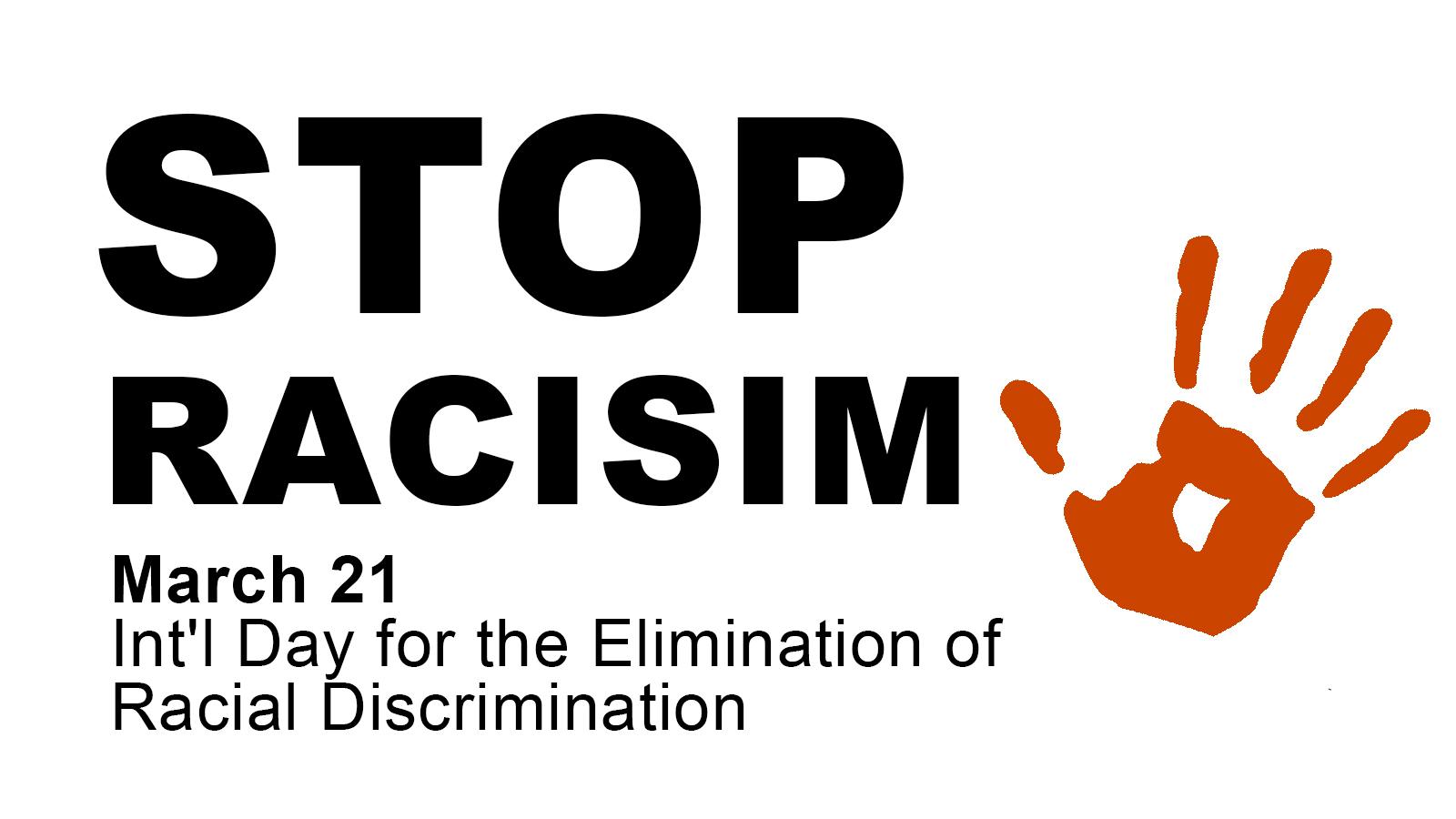United Nations in part 1(article 1) of her International Convention on the Elimination of All Forms of Racial Discrimination in 1969 described “racial discrimination” as any distinction, exclusion, restriction or preference based on race, color, descent, or national or ethnic origin which has the purpose or effect of nullifying or impairing the recognition, enjoyment or exercise, on an equal footing, of human rights and fundamental freedoms in the political, economic, social, cultural or any other field of public life.

It also stated that any doctrine of superiority based on racial differentiation is scientifically false, morally condemnable, socially unjust and dangerous and that there is no justification for racial discrimination, in theory, or in practice, anywhere,
It reaffirmed that discrimination between human beings on the grounds of race, colour or ethnic origin is an obstacle to friendly and peaceful relations among nations and is capable of disturbing peace and security among peoples and the harmony of persons living side by side even within one and the same State.
A massacre gave rise to the commemoration of this day-21st March – The Sharpeville Massacre in South Africa – On March 21, 1960, a large group of South Africans gathered in the township of Sharpeville to protest against the oppressive apartheid government.
In particular, the protesters sought to demonstrate against the Pass Laws, which required all indigenous Africans over the age of 16 to carry a passbook everywhere they went. This long-standing practice served to severely restrict and control travel, dictating when, where and for how long black South Africans could stay within white areas.

The demonstration began with a festive atmosphere, as thousands of unarmed South Africans gathered in peaceful protest. As the crowd grew ever-larger, however, long-simmering tensions rose to a boil.
An initial police presence of fewer than 20 officers soon rose to nearly 150 as reinforcements were rushed in, joined by four armored personnel carriers and armed with various rifles and submachine guns. Scuffles broke out as the crowd, armed only with rocks, surged toward the police station. The police opened fire on the crowd, killing 69 people and injuring 180 more. (www.gov.za).
More than 200 million people around the world identifying themselves as being of African descent scattering all over, many living outside of the African continent.
These Africans constitute descendants of the victims of the transatlantic slave trade or as more recent migrants. They are characterized as being the poorest and most marginalized groups.
They still have limited access to quality education, health services, housing, and social security and their degree of political participation is often low. In addition, people of African descent can suffer from multiple forms of discrimination based on age, sex, language, religion, political opinion, social origin, property, disability, birth, or other status.

The United Nations General Assembly reiterates that all human beings are born free and equal in dignity and rights and have the potential to contribute constructively to the development and well-being of their societies.
In its most recent resolution, the General Assembly also emphasized that any doctrine of racial superiority is scientifically false, morally condemnable, socially unjust and dangerous and must be rejected, together with theories that attempt to determine the existence of separate human races.
The United Nations has been concerned with this issue since its foundation and the prohibition of racial discrimination is enshrined in all core international human rights instruments. It places obligations on States and tasks them with eradicating discrimination in the public and private spheres. The principle of equality also requires States to adopt special measures to eliminate conditions that cause or help to perpetuate racial discrimination.
Racism, xenophobia, and intolerance are problems prevalent in all societies. But every day, each and every one of us can stand up against racial prejudice and intolerant attitudes. Be a human rights champion,
Credit: www.un.org
Follow us on Facebook
Post Disclaimer
The opinions, beliefs and viewpoints expressed by the author and forum participants on this website do not necessarily reflect the opinions, beliefs and viewpoints of Anaedo Online or official policies of the Anaedo Online.

